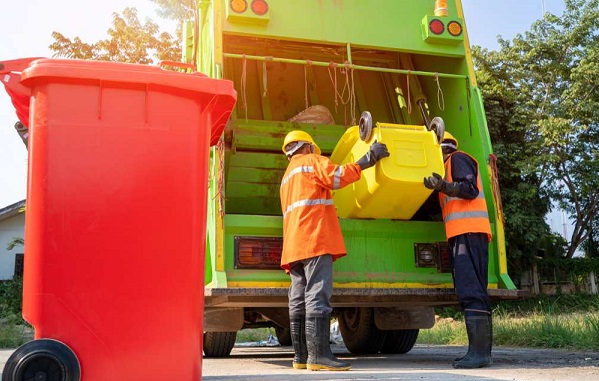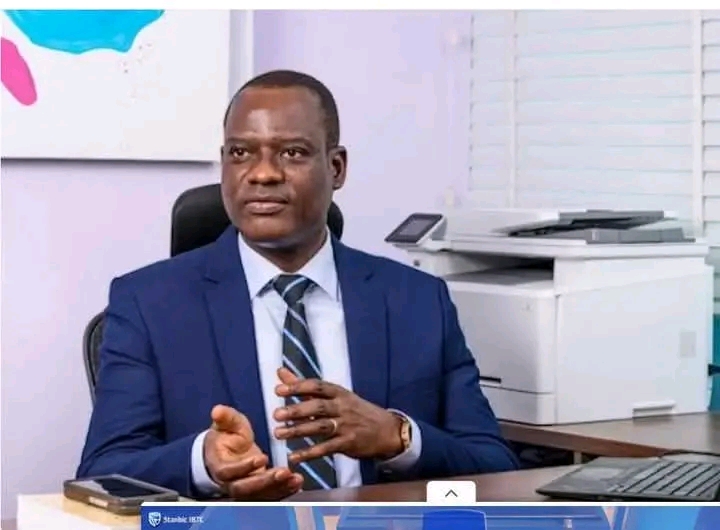Delta State has received a total of ₦185.16 billion from the 13% oil derivation fund within the first five months of 2025, representing an 82 percent increase compared to what it earned in the same period last year.
According to official figures, the state government received over ₦101.51 billion more than it did in 2024, making Delta the highest beneficiary among Nigeria’s oil-producing states so far this year.
While the huge inflow of funds has sparked conversations across the state, many residents and stakeholders are questioning what impact the allocation is having on the lives of ordinary Deltans. Critics argue that despite the steady rise in oil derivation revenues, infrastructure in many communities remains poor, with bad roads, underfunded schools, and a struggling healthcare system.
Observers say the new revenue levels place a greater burden on the state government to provide transparency and accountability. Civil society groups have already begun calling for a clear plan on how the ₦185.16 billion will be used to transform the state’s economy.
Some of the key demands include:
Improved infrastructure, especially motorable roads and bridges in rural and urban communities.
Investment in education and youth empowerment to tackle unemployment.
Upgrading healthcare facilities to provide quality services within the state.
Transparent reporting of how funds are allocated and spent.
Analysts also stress that the latest allocation is an opportunity for Governor Sheriff Oborevwori’s administration to lay the foundation for long-term development in Delta State.
With oil revenues at historic highs, expectations are mounting that the government must show visible results in terms of projects, services, and opportunities for citizens.
As one resident in Asaba put it: “Billions keep coming in every year, but our communities look the same. This time, we want to see real change.”







Comments (0)
Please login to comment.